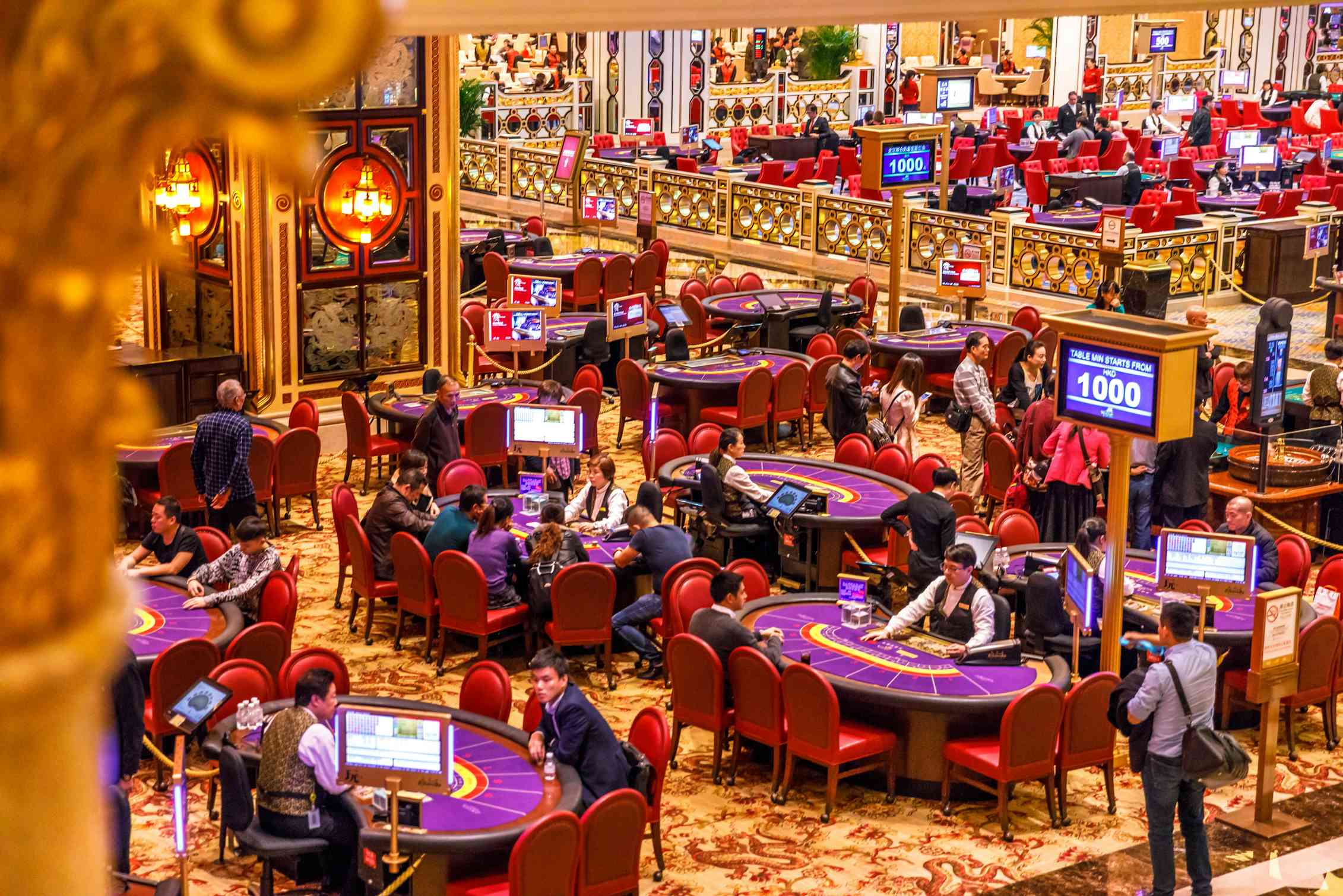
Gambling in casinos has long been a subject of interest and debate, drawing in millions of players around the world. ga179 com With a blend of chance, strategy, and the excitement of risk, casino games offer an exciting escape from everyday life. However, as entertainment becomes ever more accessible, it calls for a deeper examination of the morality surrounding these games.
At the heart of the discussion lies the question of whether casinos promote safe gambling or exploit vulnerable individuals. The appeal of potential winnings versus the truth of losses can create a challenging situation, and understanding this balance is crucial for both players and operators. As we delve into the ethics of casino gaming, we will explore the duties of casinos, the impact on society, and the measures that can be taken to foster a better gaming environment.
The Impact of Casino Gaming on Society
Gambling in casinos has a notable influence on societal dynamics, affecting not only the economy but also interpersonal dynamics and community structures. The funds generated from casinos can lead to employment opportunities and boost local economies, as they provide various employment opportunities in multiple fields including food and beverage, leisure activities, and shopping. However, while the economic advantages can be significant, communities often grapple with the possible negative impacts that arise from increased gambling activity.
Moreover, the presence of casinos can lead to an increase in gambling addiction, presenting serious challenges for players and families. The thrill of casino games can quickly transform into a compulsive habit, affecting personal relationships and leading to financial instability. Many players may struggle with the loss of control over their gambling habits, resulting in a need for community support services and help to address this increasing issue. The social cost of addiction can ripple through families and neighborhoods, creating an urgent need for sensible gambling approaches.
In addition to the economic and social ramifications, casino gaming often showcases cultural attitudes towards uncertainty and leisure. It can encourage a sense of excitement and leisure, attracting tourists and boosting local travel. However, this allure may also conceal the broader implications of gambling as a form of entertainment, raising ethical questions about its promotion and accessibility. As communities weigh the benefits and disadvantages of casino gaming, the need for responsible practices and regulation becomes increasingly critical in ensuring that the positive aspects are maximized while minimizing the negative effects.
Ethical Concerns in Gambling Practices
The morality of casino operations often revolve around the risk for addiction and its consequences on individuals and households. Betting can lead to significant financial distress, impacting not only the betters but also their loved ones. As individuals become caught in the allure of winning, many lose track of their financial limits, which can result in devastating outcomes such as insolvency. This poses moral questions about the duty of casinos in fostering safe gaming practices and offering support for those who may be dealing with betting addiction.
Another critical concern is the advertising of betting to vulnerable populations. Gambling establishments often aim at low-income individuals or communities with the offer of quick gains, which can continue cycles of financial struggle and despair. In this situation, the ethics of advertising strategies used by gambling establishments come under scrutiny, as they may take advantage of the need of individuals seeking an way out from economic troubles. This manipulation raises moral questions about the honesty of the betting industry and its obligation to protect its most at-risk patrons.
Additionally, the impact of gambling gaming on society as a entirety cannot be ignored. While some argue that gambling establishments create jobs and stimulate local economies, others point to the social costs associated with dysfunctional gambling, increased criminal rates, and a burden on public services. Balancing financial advantages with the risk for community issues presents a challenging ethical dilemma for policymakers and casino operators alike. The difficulty lies in finding a ethical approach that prioritizes the welfare of individuals and communities while still allowing for the pleasure of gambling gaming.
Oversight System and Responsibilities
The legal framework pertaining to casino operations is developed to ensure fairness, honesty, and gambler security. Different government entities and gambling commissions set and implement regulations that dictate how gambling operations function, the guidelines for game development, and the protocols for managing winnings. These regulations vary by locale but usually involve licensing requirements for providers and rigorous measures to prevent deception and dishonesty.
In also to regulatory bodies, casino establishments bear significant responsibility in preserving moral standards within their establishments. They must implement ethical player practices that encourage gambler security and consciousness, including offering self-limitation options and providing information about the hazards related to gaming. Casinos are also responsible for educating employees to recognize signs of difficult gambling and know the appropriate measures to support patrons in distress.
Additionally, clarity in gambling operations is vital for gaining and maintaining public confidence. Operators should present clear data about the probabilities of operations, advertising opportunities, and any associated hazards. By creating an atmosphere of honesty and responsibility, operators can help mitigate the potential adverse impact of gaming while improving the complete betting experience for all gamblers.
